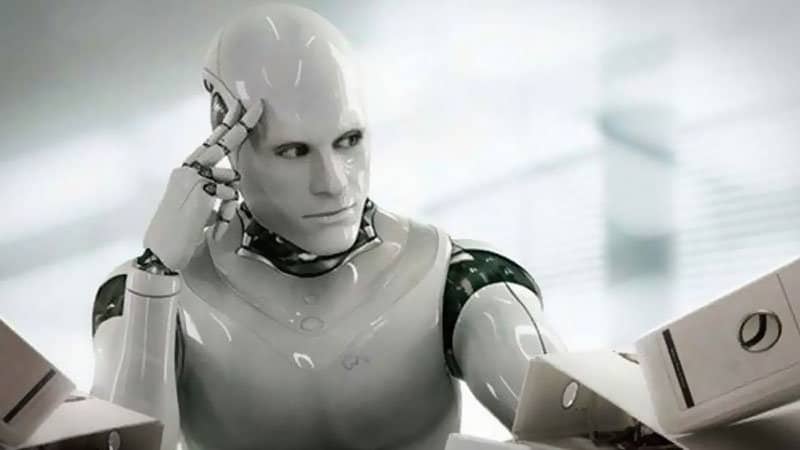Written by Illyana Helmy
Robophobia is an anxiety disorder which makes a person has an irrational fear of robots, drones or any other robot-like mechanics. It often results a panic attack and always can be triggered by certain stimuli or situation. For instance, it happens while viewing a robot, talking about robots or being near to a robot. The sufferer finds their anxiety levels rise when they are near most autonomous machine especially the human-looking robots. The term robophobia comes from the Czech word which is robota. Robota means “drudgery” and Greekphobos means “fear”. People who are diagnosed with this illness can find the disorder hard to live with. This is because, they will go to great lengths to avoid robots and any situation that may trigger their panic and anxiety. Furthermore, they also will avoid certain machines and computer and much prefer hardwired telephones over using a smartphones. Nowadays, robots can perform many human tasks, often more deftly than we could manage. It also saves us from having to carry out boring tasks and they could be revolutionising many professions. However, when anyone mentions robots, if we are reminded of a movie in 1982 named Blade Runner, it depicts a story of genetically engineered replicants, basically human-like robots, for sure our reaction is to feel so anxious and suspicious due to the frightening scenes from movie itself. There are many reasons we so frightened of robots. Firstly we worry that robots will take over all of our jobs, leaving us out of work and also without a livelihood. For instance nowadays we can see the introduction of driverless cars which has threaten the jobs of professional drivers.

Next, we fear that robots will “take over us” and at the end of the day we will lose control of them. Robots intelligence has the ability to acquire knowledge which we can apply them as necessary. Today robots already show remarkable behavioural and cognitive intelligence. Some robots appear to have emotional intelligence. Such as the famous robot named Ava is the android in sci-fi film Ex Machina says Ava can recognise human emotions but she cannot feel them. Thirdly, we worry one day we won’t be able to tell the difference between a human-like robot (an android) and a real human. Kurt Gray and Daniel Wegner at the North Carolina University showed “we are not particularly bothered by what robots ability to act, until its only when we believe they can feel and sense”. Lastly, advances in technology are very fast that most of us haven’t kept up, and it makes us feel anxious and unsettled. Thus, the only way to alleviate our fears is to educate yourself by learning the terminology and always keep up with what’s happening as best as you can. Although we will use robots in our daily lives, it would be preferable if their creators come up with versions that don’t look like actual human. Professor of Robot Ethics, Alan Winfield explained on how robots have implications for wealth that will be distributed. Most important is we must prioritise not only the technological development of our robots but the ethical programming as well. Meanwhile Professor Stephen Hawking summed up during 2015 Zeitgeist Conference in London he said
“Computers will overtake humans with AI within the next 100 years. When that situation happen, we need to make sure the computers have the same goals with ours”.
